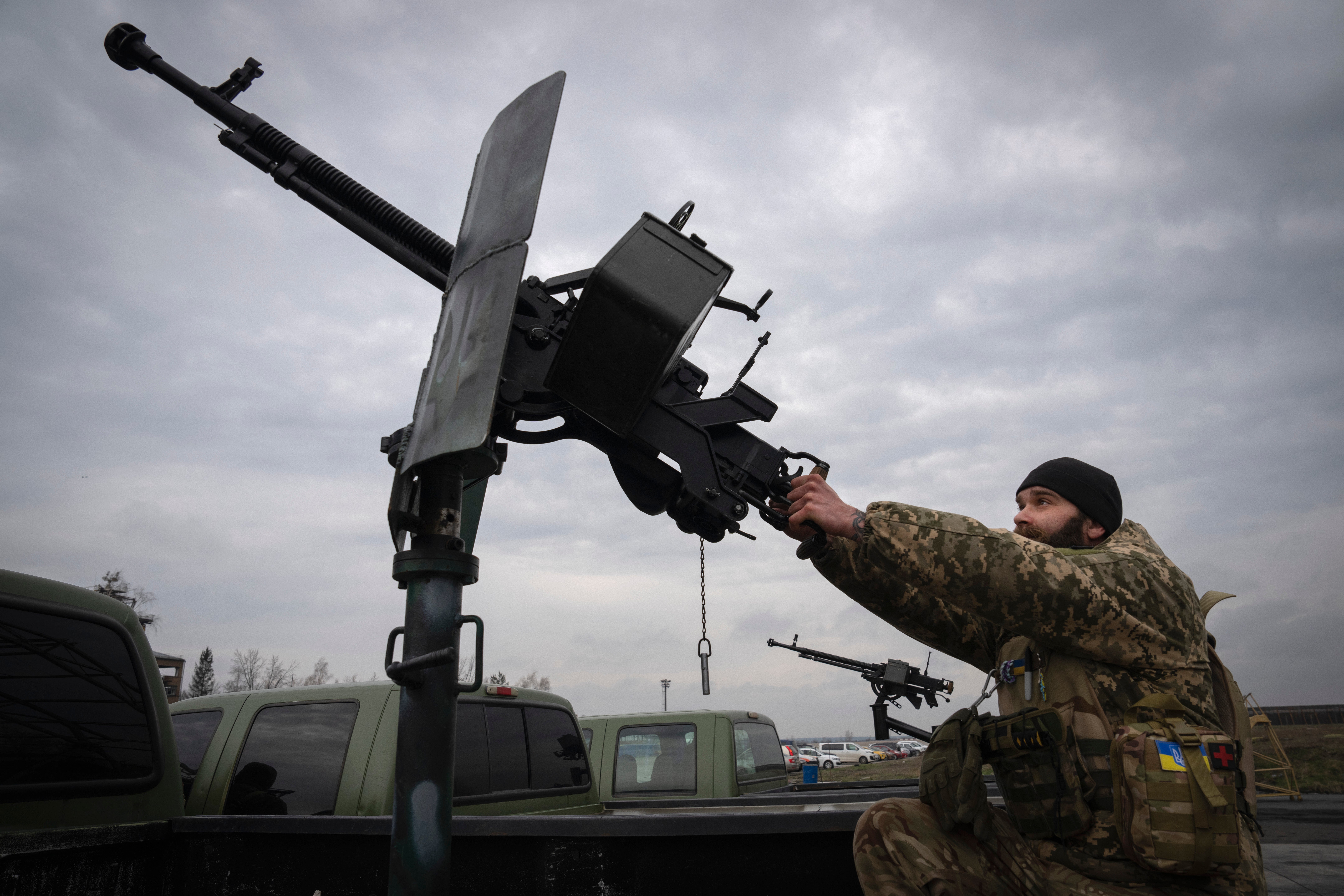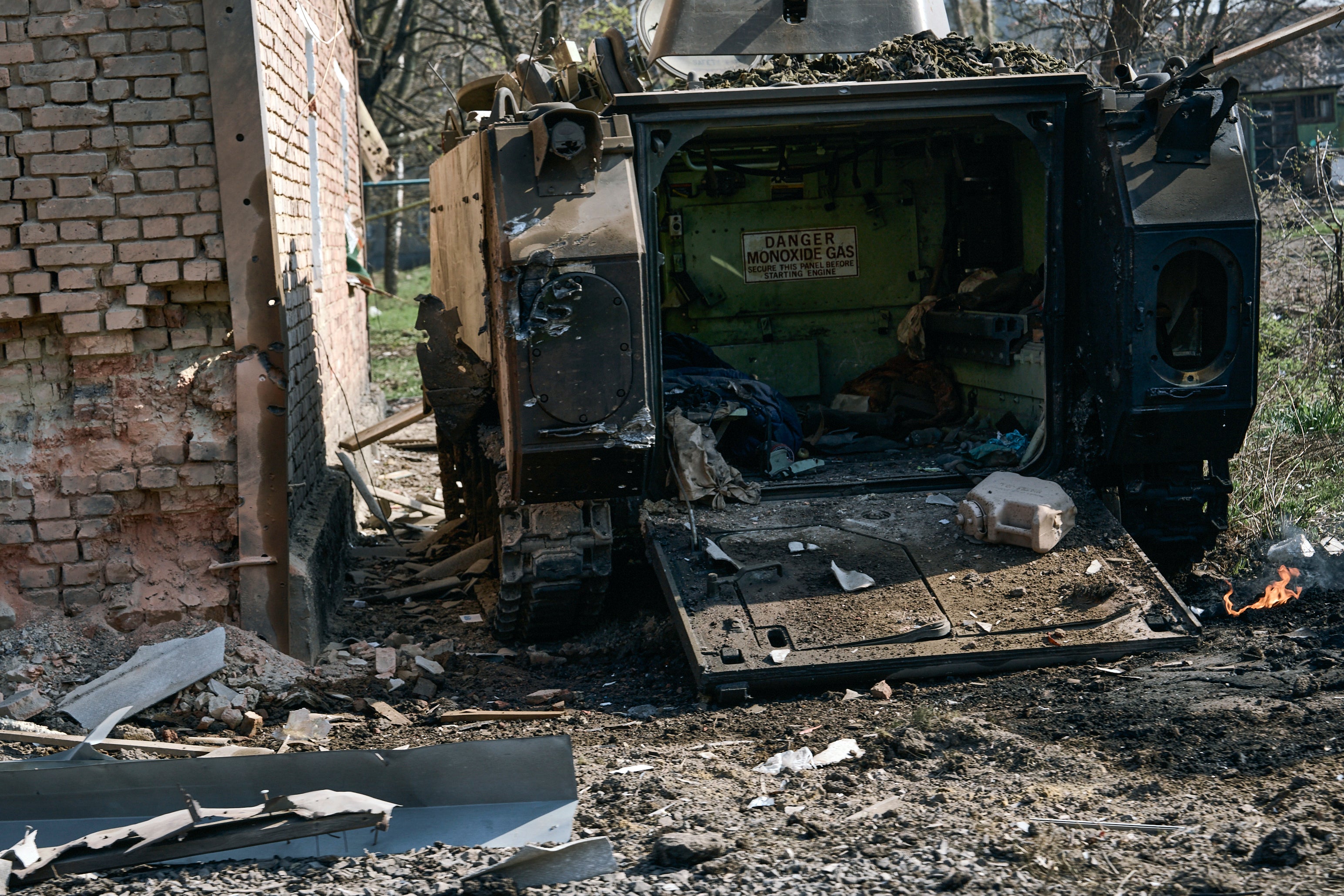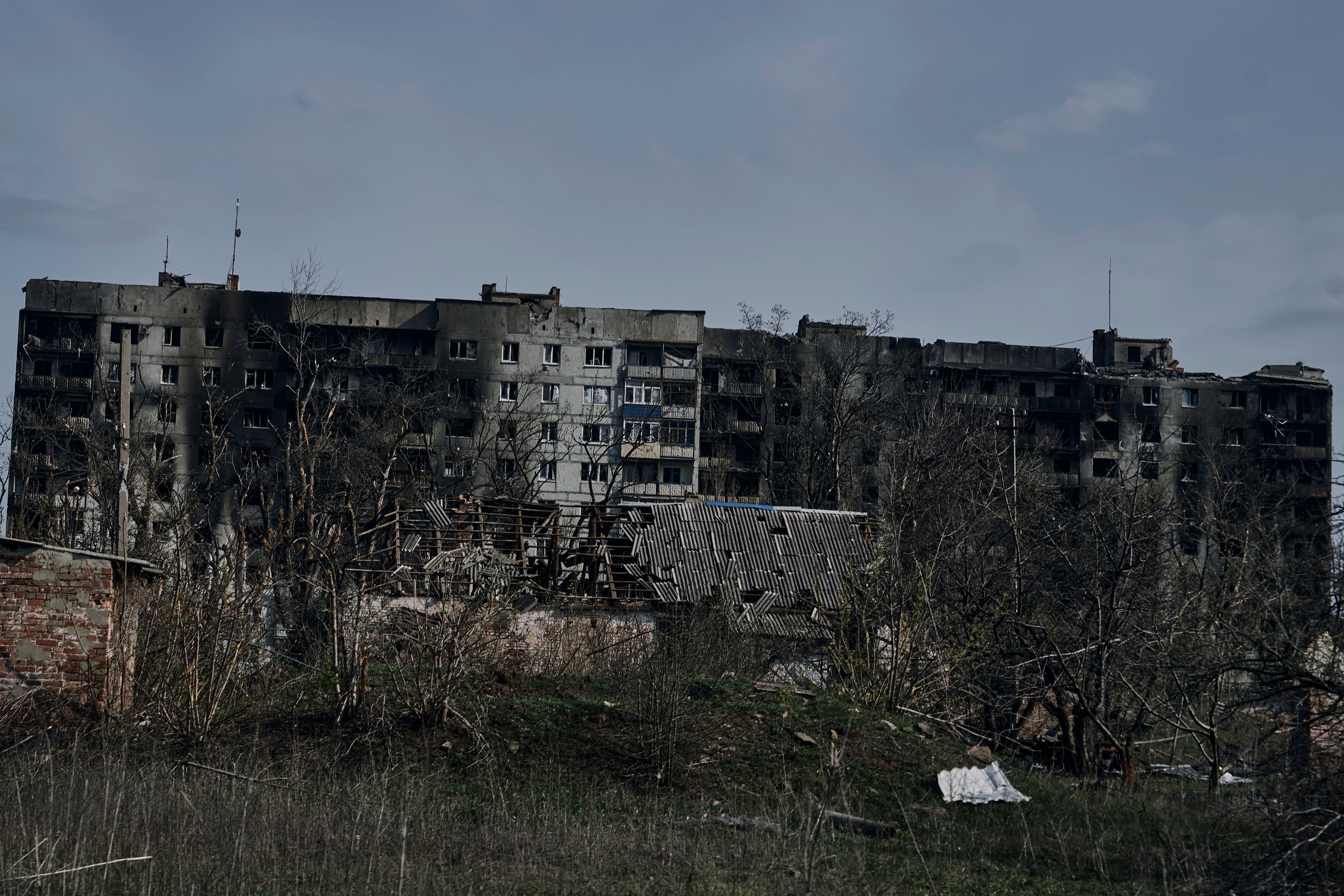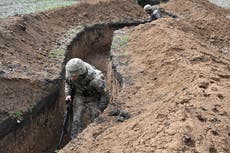Ukrainian air defence could run out of missiles by May, leaked Pentagon files suggest
US officials race to verify intelligence cache and work out who posted it online
Ukraine’s air defence systems could run out of missiles early next month in a major blow to the resistance effort fighting back against Russia’s invasion, according to a cache of US intelligence files that has been leaked online.
One document among the batch of as many as 100 seemingly stolen from the Pentagon, which is dated from February and marked as “secret”, estimates that Ukraine’s Soviet-era S-300 air defence systems face depletion by 2 May should the current rate of firing continue, according to The Guardian, although it is unclear whether that assessment still stands two months on.
Ukraine’s Buk air defence system, likewise vital to repelling Russian air attacks, is said to be even closer to exhaustion, according to The New York Times, citing the papers, suggesting Kyiv could be in real difficulties as soon as next month, with its ability to provide cover to its frontline troops “completely reduced” by 23 May.

That would open a new window of opportunity to Russian fighter jets and bombers, who could find themselves presented with a clear run at key targets.
Ukrainian president Volodymyr Zelensky appealed to Nato to impose a no-fly zone over his country earlier in the war but his call was rejected by the military alliance’s member states, who felt that policing such a measure on behalf of a non-member was only likely to escalate tensions and risk drawing Nato into direct conflict with Russia.
Speaking to The Wall Street Journal in the wake of the leak, Ukrainian Air Force spokesperson Col Yuri Ihnat has appealed for further military aid from his country’s western allies, saying: “If we lose the battle for the skies, the consequences for Ukraine will be very serious. This is not the time to procrastinate.”
The papers – which were photographed and originally posted to Discord and 4Chan in early March, according to Aric Toler of Bellingcat, before subsequently materialising on Twitter and Telegram – have yet to be verified but the Pentagon admitted in a statement on Sunday that they “appear to contain sensitive and highly classified material”.
The Department of Justice has opened a criminal investigation into the matter.
Three US officials have meanwhile told Reuters they believe Russia or a pro-Russia agent is behind the leak, only for former senior Pentagon official Michael Mulroy to tell the same outlet: “The focus now is on this being a US leak, as many of the documents were only in US hands.”

The Kremlin said on Monday that there was a general tendency to always blame Russia for everything when asked about accusations that Moscow may have been behind the leaks.
Kremlin spokesperson Dmitry Peskov told reporters: “I cannot comment on this in any way. You and I know that there is in fact a tendency to always blame everything on Russia. It is, in general, a disease.” Russia’s Foreign Spy Service declined comment when asked by Reuters about the leaks.
The five-week-old files reportedly reveal details of Ukraine’s requirements ahead of the spring counteroffensive it is planning to reclaim territory seized by Russian troops since the full-scale invasion began last year, as well as how the US and Nato might meet them by way of supplying armaments.
The documents also reportedly disclose sensitive information on other nations like South Korea and Israel, as well as maps recording recent battlefield movements in Bakhmut and Kharkiv.

One of the documents gave details of internal discussions among senior South Korean officials about US pressure on Seoul to supply weapons to Ukraine, and its policy of not doing so.
They do not reveal specific resistance battle plans, however, although Kyiv has nevertheless been forced to amend its strategy as a result of the leak, CNN reported on Monday, citing a source close to President Zelensky.
According to military analysts who have inspected the files, certain details appear to have been modified from their original format to exaggerate the American tally of Ukrainians killed in the war while downplaying the number of Russian troops thought to have been killed, adding to the suspicion of Russian involvement.
One of the slides states that Russia has lost just 16,000 to 17,500 soldiers in the invasion, while Ukraine had suffered as many as 71,500 troop deaths.
That is a major misrepresentation of real Pentagon estimates, which put the number of Russian casualties between 189,500 and 223,000 and the Ukrainian total between 124,500 and 131,000.
Join our commenting forum
Join thought-provoking conversations, follow other Independent readers and see their replies
Comments


Bookmark popover
Removed from bookmarks